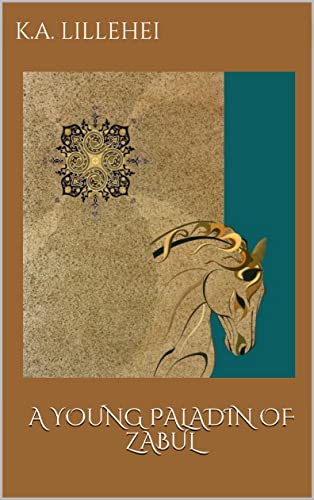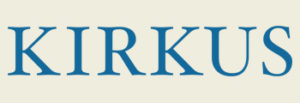A Young Paladin of Zabul
by K.A. Lillehei
Synopsis
The jeep lurches through the night on rutted roads through bleak mountain passes. Eleven-year-old Sam huddles between strangers, a father and twin sons; their driver navigates recklessly through a savage landscape. Alongside the dirt track Sam’s father watches with tear-filled eyes as his young son, his wonder child, stares back dazed as the jeep pulls farther and farther away into a black gloom. And so begins a journey north to unknown lands into the perilous path of smugglers and predators.
Desperate, Sam’s father sold everything so his son, who’s determined to obey and honor him, can have a better life with distant relatives two continents away in California. Hoping despite all obstacles that the rest of the family can follow. Sam’s lifelong ally Rostam is his guide and companion – the mythical hero and warrior, a paladin of the Shahnameh, The Book of Kings – the ancient Persian epic written a thousand years ago by Ferdowsi. Sam’s father filled his boyish imagination with glorious tales of the legendary superhero. Sustained by the transformative power of myth, reluctant and uncertain, Sam departs carrying the hopes of his family and drawing strength from an ancient and enlightened literary heritage.
Sam’s unexpected journey begins on the border of Iran and Turkey in 2016. On the road he meets other children seeking refuge – Kurds, Afghans, Syrians, Africans – all with childhoods lost or shattered. Climate change in the south had ruined crops and farms; international politics in the west had begun to destroy their countries. Nature’s matriarch conspired to force them off their land, and political patriarchs in far-off places wreaked chaos on lands crippled by sanctions. And who could know when all-out war might erupt – when would the young again be called to sacrifice? An all-too-common story of power manipulation that is not a myth unfortunately. With a heart broken, and judgment impaired, Sam’s father sends him away, entrusting his only son to blaze the way for the family. Will he make it, and can they follow?
UNHCR reports that 68.5 million people are currently classified as “forcibly displaced” worldwide; 52% of them are under 18. Nearly 36 million children! The media reports the numbers daily – numbers – not the stories and lives of the innocents displaced. Thousands of young, often alone, are among those fleeing north for political and economic reasons. We see the pictures of Alan, a three-year-old Syrian, lying face-down, dead in the Greek sand. We recognize the face of seven-year-old Jakelin who died tragically in custody at the US-Mexico border. We know the statistics of power, war, and destruction, but not the reality, the children affected. Reading the numbers is disheartening; hearing their stories is devastating.
Not all refugees flee from torture and death; a life with no future – for any reason – is no life. Some critics claim that unaccompanied children are sent away for purely economic reasons by unloving, “bad” parents. A former Albanian diplomat now directing a children’s asylum center says the opposite is true. He cites the thousands of unaccompanied Albanian children in France that, in the tradition of Solomon, are being sent away from violence and corruption at home by parents with hearts “as heavy as stone.” Hearts heavy from sorrow, hardened to withstand the pain. But extraordinary loss is overridden by the hope for a better future for their much-loved young. Their sacrifice, pure and selfless, is admirable in contrast to those who expect others to sacrifice for the personal glory and riches of the privileged few.
To quote Warsan Shire, “No one leaves home unless home is the mouth of a shark.” Nations drop the bombs, figuratively and literally, that displace innocents and at the same time impede their escape. Thousands are trapped in a state of global limbo: The future ahead is blocked; the past behind is no more.







